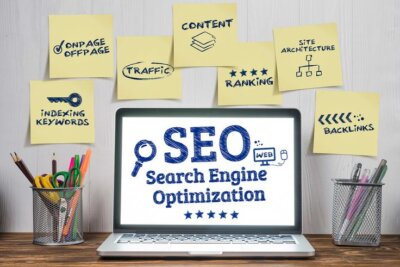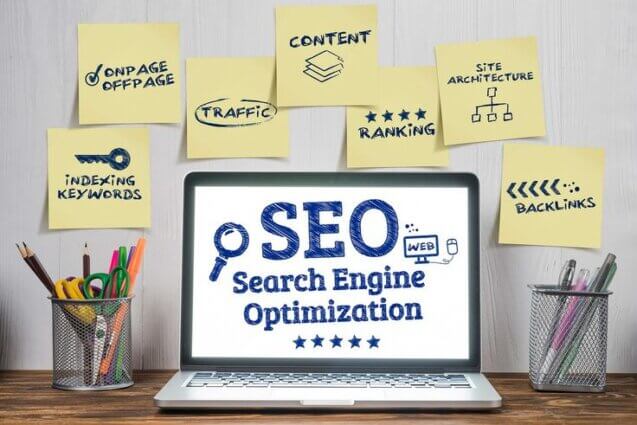In an ambitious drive to streamline business-customer interactions, Google once aimed to eliminate the need for marketing agencies and creatives, intending to reach customers directly. While Google made strides in connecting more closely with customers, it ultimately fell short of sidelining agencies and creatives altogether. Now, the question arises: Can Sam Altman and advanced AI achieve what Google couldn’t?
In a previously unreported statement, Sam Altman, CEO of OpenAI, boldly claimed that AI could handle “95% of what marketers use agencies, strategists, and creative professionals for today.” Altman also predicted that Artificial General Intelligence (AGI) will become a reality within “5 years, give or take, maybe slightly longer.” These revelations come from the new book Our AI Journey by Adam Brotman and Andy Sack, featuring in-depth interviews with AI leaders like Altman.
Brotman and Sack, co-founders and co-CEOs of Forum3, have deep roots in the tech industry, with Brotman having served as the first Chief Digital Officer at Starbucks and Sack advising Microsoft CEO Satya Nadella. Their book, released on a subscription basis, has already stunned readers with its insights. On Episode 86 of The Artificial Intelligence Show, Marketing AI Institute founder Paul Roetzer and a co-host discussed Altman’s profound comments.

Altman asserts that AGI will revolutionise the marketing landscape by performing nearly all functions currently handled by agencies and creatives. This includes generating campaign ideas, producing images and videos, and even testing these creatives against real or synthetic customer focus groups to optimise results. Altman describes this AI-driven process as nearly instantaneous and cost-free.
The implications of such advancements are staggering. Altman believes that AGI, which he defines as AI capable of achieving novel scientific breakthroughs independently, will significantly disrupt the marketing industry. This transformation could lead to more efficient, data-driven marketing strategies that can be rapidly adapted to consumer needs.
Klarna’s recent implementation of an AI assistant exemplifies the potential of AI in streamlining operations. The assistant, powered by OpenAI, now performs the tasks of 700 full-time customer service agents, handling 2.3 million conversations within a month. This shift has dramatically reduced the average time to resolve customer requests and maintained customer satisfaction scores comparable to human agents.
Klarna’s CEO highlighted the broader societal implications of AI, urging a thoughtful approach to integrating these technologies. As AI continues to advance, the need for informed and steady management of its societal impact becomes increasingly critical.
Altman’s predictions suggest a future where AI’s role in marketing extends far beyond current capabilities, potentially fulfilling Google’s initial vision and reshaping the industry’s landscape. As AGI approaches, businesses and society must prepare for the profound changes it will bring.









